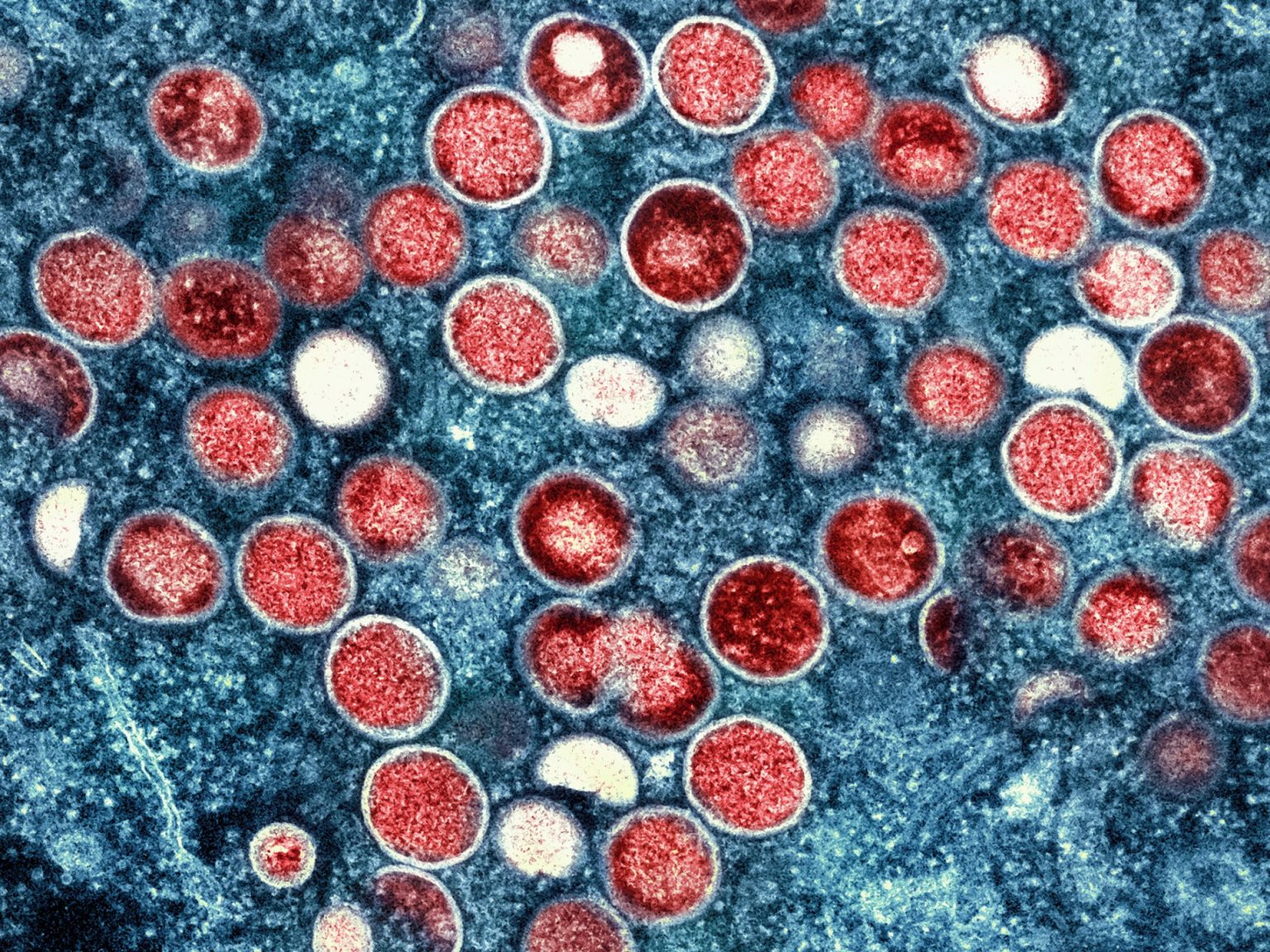Sierra Leone has declared a public health emergency following the confirmation of two mpox cases within its borders. The announcement, made by Health Minister Austin Demby, underscores the nation’s proactive approach to containing the virus and preventing a widespread outbreak. This declaration empowers the government to mobilize resources, implement stringent control measures, and provide necessary care for those affected. The move comes after the first case was reported last week, followed by a second involving a 21-year-old man who exhibited symptoms on January 6th. Neither individual had known contact with infected animals or individuals, with only the first case having recently travelled within the country. Both patients are currently receiving treatment in a Freetown hospital.
The declaration of a public health emergency is a crucial step in Sierra Leone’s fight against mpox. This proactive measure allows authorities to swiftly implement containment strategies learned during previous outbreaks like Ebola and COVID-19. By enhancing border surveillance, increasing testing capacity, and launching a comprehensive public awareness campaign, the government aims to quickly identify and isolate potential cases, thus preventing further transmission. Minister Demby emphasized the nation’s preparedness, highlighting the experience gained during past health crises and urging citizens to remain calm, stay informed, and promptly report any suspected cases to healthcare providers.
Mpox, formerly known as monkeypox, belongs to the same virus family as smallpox. It typically presents with a high fever accompanied by distinctive skin lesions called vesicles. While traditionally confined to Central and West Africa, where transmission occurred primarily through contact with infected animals, the virus saw a global surge in 2022, spreading to over 70 countries. This marked the first time mpox was confirmed to be transmitted through sexual contact, significantly expanding the scope and complexity of the outbreak.
The Democratic Republic of Congo (DRC) remains the epicentre of the mpox epidemic in Africa, accounting for the overwhelming majority of the estimated 43,000 suspected cases and 1,000 deaths this year. The disease poses a significant threat to public health, particularly in regions with limited healthcare resources and pre-existing vulnerabilities. Sierra Leone’s prompt action in declaring a public health emergency reflects a commitment to learning from past experiences and implementing effective control measures to mitigate the spread of the virus.
Sierra Leone’s history with infectious disease outbreaks, particularly the devastating Ebola epidemic of 2014-2016, has profoundly shaped its public health infrastructure and response strategies. The Ebola outbreak, which claimed the lives of approximately 4,000 people in Sierra Leone, including a significant proportion of healthcare workers, exposed critical vulnerabilities in the country’s healthcare system. This experience, however tragic, has provided invaluable lessons in outbreak management, community engagement, and the importance of swift and decisive action. The current mpox emergency response reflects this learned experience, demonstrating a proactive and comprehensive approach to containing the virus and protecting the population.
The declaration of a public health emergency in Sierra Leone signifies the seriousness with which the government is addressing the mpox threat. By mobilizing resources, enhancing surveillance, and implementing public awareness campaigns, the nation aims to prevent a wider outbreak and minimize the impact of the virus on its population. The experience gained during the Ebola and COVID-19 outbreaks has undoubtedly strengthened Sierra Leone’s capacity to respond effectively to public health emergencies, fostering a culture of preparedness and rapid response. The international community plays a vital role in supporting these efforts, ensuring that countries like Sierra Leone have the resources and expertise needed to combat emerging infectious diseases and protect their citizens.

